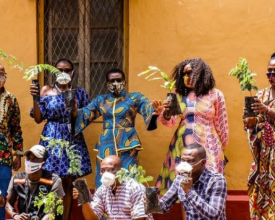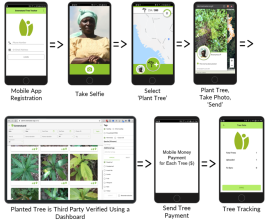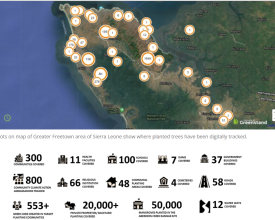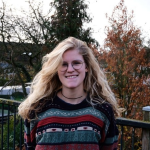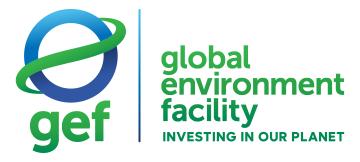
#FreetownTheTreeTown campaign – Sierra Leone
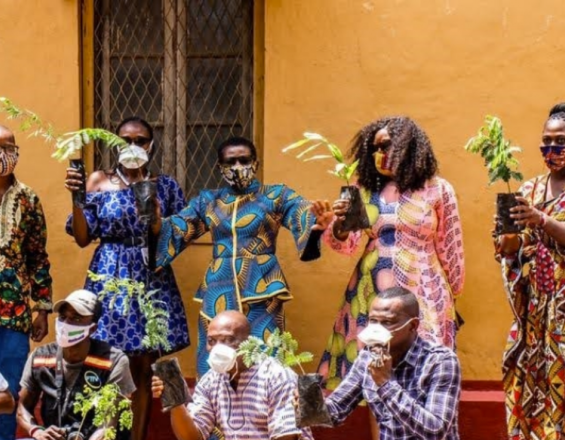
Freetown, the capital of Sierra Leone, is situated at the edge of a heavily forested mountainous area. The city is expanding rapidly, and urban sprawl continues to cut deeper into its surrounding forest, resulting in steeply declining tree canopy cover. This ongoing deforestation increases the risk of landslides, flooding, and coastal erosion. To deal with rapid urbanisation, population expansion, and low employment rates, the Freetown City Council has initiated the tree-planting campaign #FreetowntheTreetown. The campaign pioneers a sustainable tree-growing model through the engagement of local citizens. Community-based growers use the TreeTracker app to plant, monitor, and maintain new trees. In return, these local growers receive micropayments for their efforts. The goal of the campaign is to plant and grow 1 million trees by 2022, which translates to an increase of the city's vegetation cover by 50%.
Impacts
In the 2020-21 phase, 250,000 trees were planted, focusing on the steeper slope areas where communities are more susceptible to landslides. Additionally, 50,000 mangrove trees will be planted to restore the coastal wetlands and reduce flood risk. The campaign provides multiple benefits such as improved air and water quality; reduced risk of flooding, landslides and soil erosion; reduction of heat stress; and CO2 capture.
Additionally, the project shows how reforestation can create employment opportunities. Until now, it has created 550 short-term jobs focusing on vulnerable and marginalized women and youth. To ensure sustainable financing, the tree tags can be turned into "impact tokens" which can be traded to outside parties. Revenue from the "impact tokens" is used to finance further tree planting and nurseries.
Lastly, this project provides an example of how regreening cities through tree planting is more than just 'planting' new trees. The growers revisit, maintain, verify and document the plant's growth. Through the active involvement of the local community, the campaign is working towards an 80% tree-survival rate.

